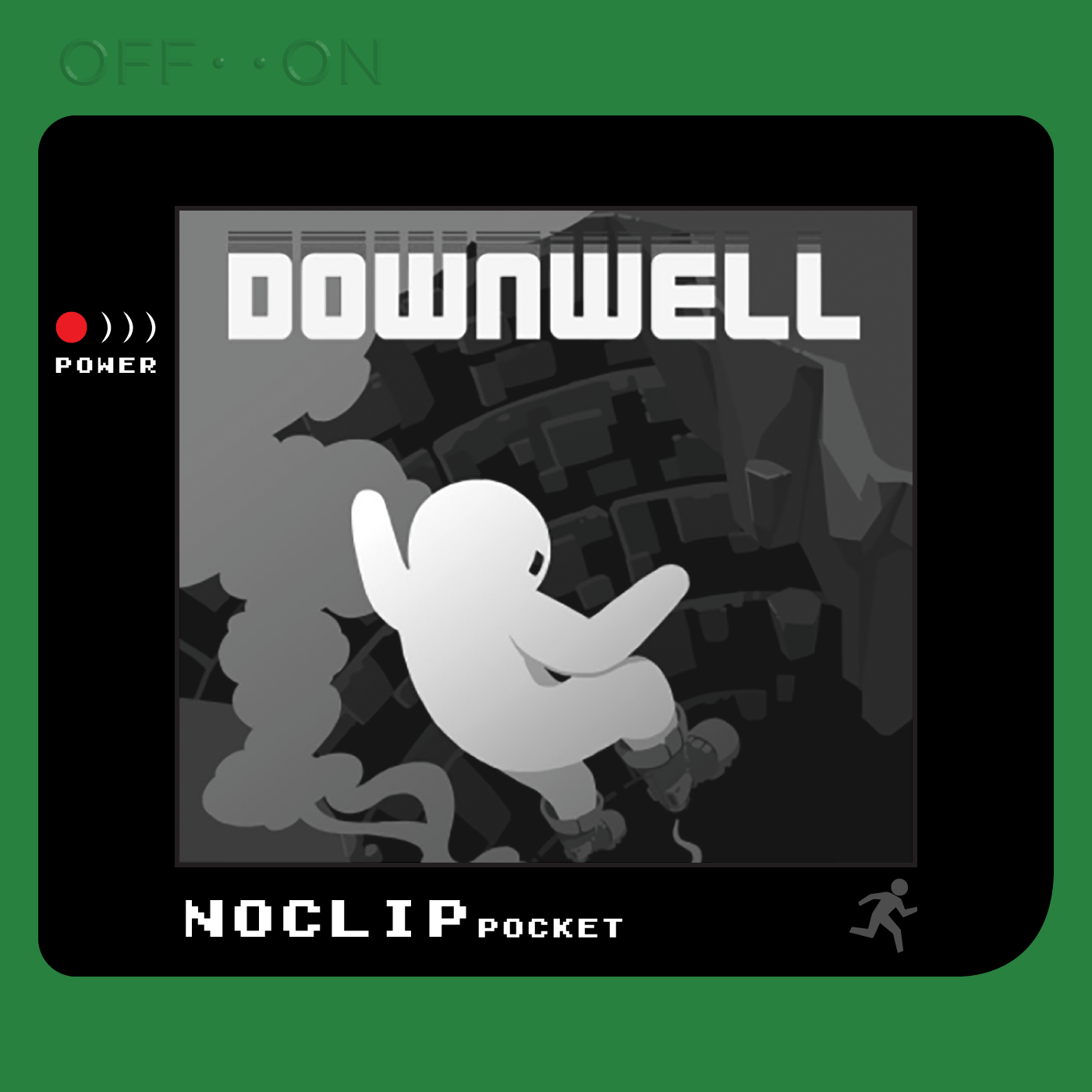I suppose there are people who engage more freely with the podcast, and I do prefer it.
Welcome to NOCLIP Pocket! Today, we’re talking about Tacoma, the second game from Fullbright, and one that shares a bit in common with its predecessor, Gone Home. The game is a walking-sim type adventure game, set on a space station, with much of your interaction coming in the form of interacting with documents, some environmental items, and a form of digital recording that shows the characters of the game moving about. You can rewind, pause and fast forward this playback at will and interact with each character’s personal terminals while they’re using them in these recordings. This is getting more difficult to explain, so just consider it a sort of forensic adventure game where your overall goal is to salvage the station’s AI, though the majority of the actual adventure takes place tertiarily to that. We’re going to be talking about unique mechanical interactions in a game without a lot of mechanical interaction at all, the legacy of this game both in relation to Gone Home and its wider influences as well, and we discuss the current Subversion Meta in narrative fiction.
Thank you for joining us again this week! We waited probably altogether too long to play this game from the time it actually came out, so if you were planning on playing it you probably already have. If not, though, I think our overall takeaway is that it is very good and we recommend trying it out if it seems interesting at all. Next time, we’re going to be talking about indie skateboarding game OlliOlli, so we hope you’ll join us for that!





















